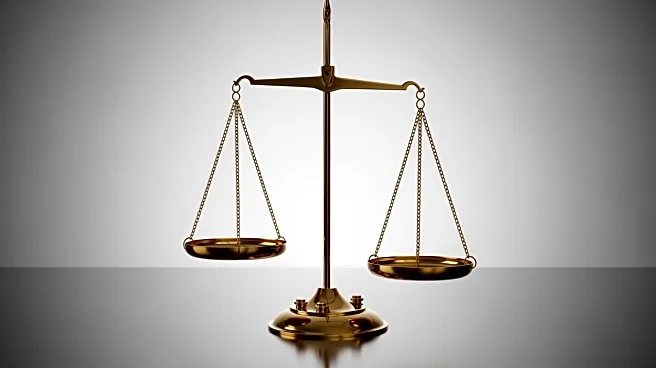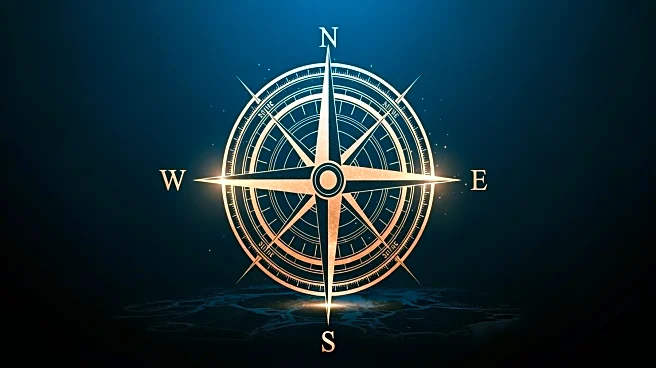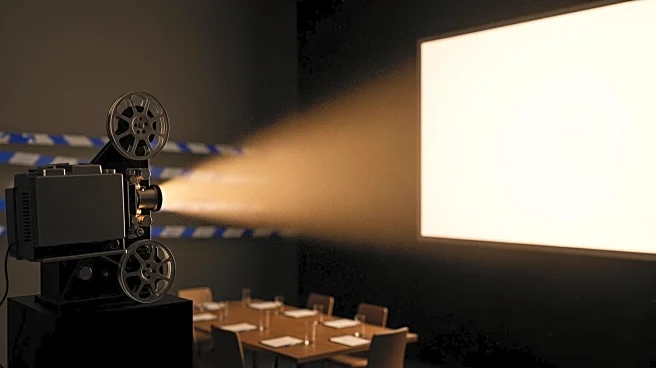What's Happening?
Russia is navigating a complex diplomatic landscape in North Africa, strengthening its defense and energy ties with Algeria while simultaneously supporting Morocco's Sahara Autonomy Plan. This dual approach
is part of Russia's broader strategy to maintain influence in the region amidst scrutiny over its Africa Corps operations in the Sahel. Russian Foreign Minister Sergey Lavrov, during a press conference, deflected questions about alleged human rights abuses by the Africa Corps, formerly known as the Wagner Group, in Mali. Instead, he shifted the focus to historical tensions in the region, particularly the colonial-era border issues affecting ethnic groups like the Tuareg people in Algeria and Mali. Lavrov's comments have sparked reactions in Algeria, with some viewing Russia's support for Morocco as a diplomatic slight.
Why It's Important?
Russia's actions in North Africa have significant implications for regional stability and international relations. By supporting Morocco's autonomy plan for Western Sahara, Russia aligns itself with a growing number of countries backing Rabat's initiative, potentially straining its longstanding relationship with Algeria. This move could alter the balance of power in the region and affect ongoing geopolitical dynamics. For Algeria, Russia's stance may be seen as undermining its diplomatic efforts and influence in the region. The situation also highlights the broader geopolitical contest in Africa, where major powers like Russia are vying for influence amidst local conflicts and historical grievances.
What's Next?
The evolving diplomatic relations between Russia, Algeria, and Morocco could lead to further shifts in regional alliances and policies. Algeria may need to reassess its diplomatic strategies in response to Russia's support for Morocco. Additionally, the international community, particularly the United Nations, may play a role in mediating these tensions, especially concerning the Western Sahara issue. The outcome of these diplomatic maneuvers could influence future cooperation agreements and regional stability.
Beyond the Headlines
Russia's involvement in North Africa underscores the complex interplay of historical, ethnic, and geopolitical factors shaping the region. The focus on colonial-era borders and ethnic tensions highlights the enduring impact of historical grievances on current diplomatic relations. Russia's balancing act also reflects broader global trends, where major powers engage in strategic partnerships to expand their influence in resource-rich and geopolitically significant regions like North Africa.









